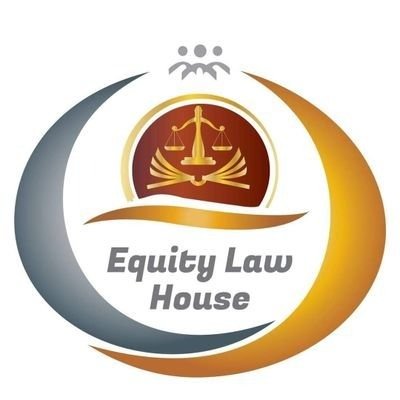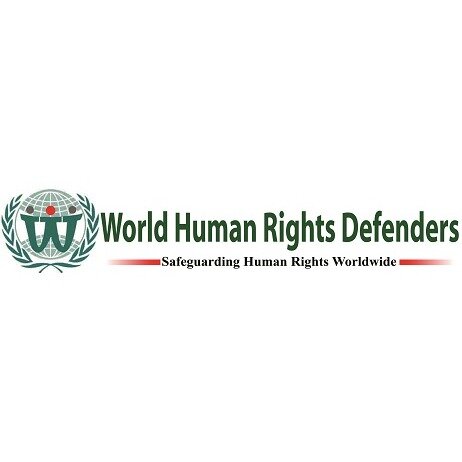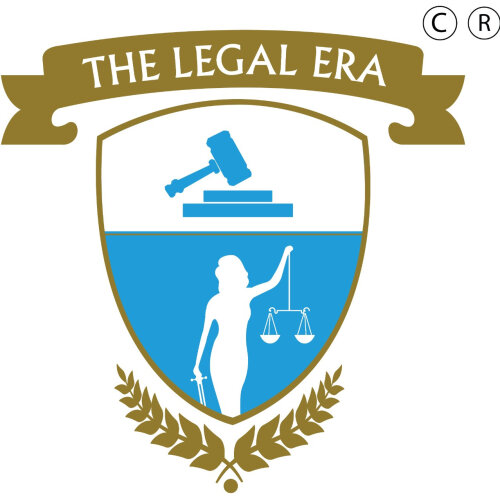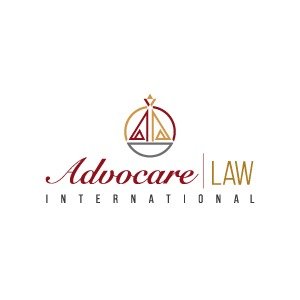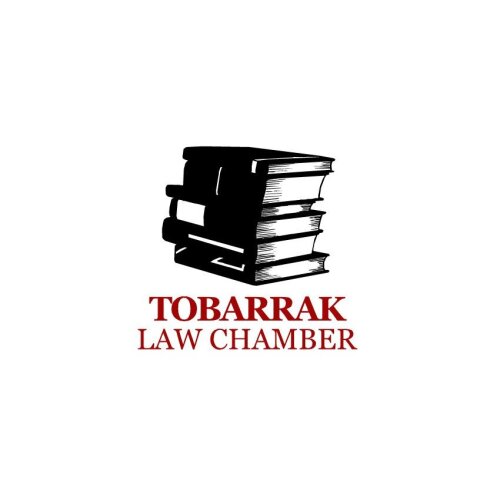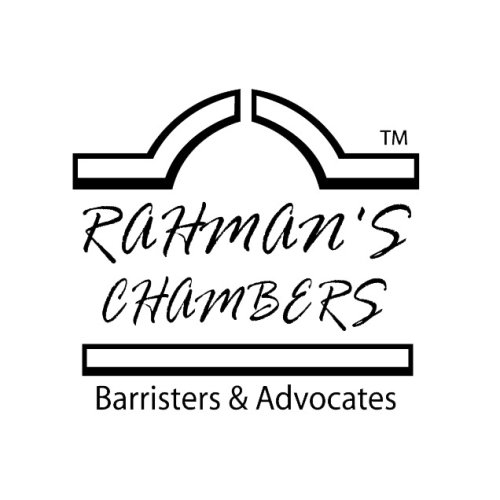Best ADR Mediation & Arbitration Lawyers in Bangladesh
Share your needs with us, get contacted by law firms.
Free. Takes 2 min.
Or refine your search by selecting a city:
List of the best lawyers in Bangladesh
About ADR Mediation & Arbitration Law in Bangladesh
Alternative Dispute Resolution (ADR) in Bangladesh encompasses various methodologies like mediation and arbitration, which are used to resolve disputes outside the traditional court system. Mediation involves a neutral third party to help disputing parties reach a mutually satisfactory agreement, while arbitration involves a neutral third party making a binding decision on a dispute. The legal framework for ADR is supported by several legislative instruments including the Arbitration Act 2001, which primarily governs arbitration proceedings within the country. ADR is encouraged as a means to reduce the burden on courts and provide quicker resolutions in civil and commercial disputes.
Why You May Need a Lawyer
While ADR is designed to be less formal and more accessible, legal advice can be invaluable in various ADR scenarios:
- Understanding the legal implications and possible outcomes of mediation or arbitration.
- Drafting and reviewing settlement agreements during mediation or the arbitration agreement itself.
- Representation during arbitration hearings or in case mediation fails and arbitration is pursued.
- Ensuring compliance with procedural rules and statutory requirements under the Arbitration Act 2001.
- Challenging or enforcing arbitration awards in a court of law when necessary.
Local Laws Overview
Bangladesh has a robust legal framework supporting ADR, particularly through the Arbitration Act 2001. Some key aspects of the local laws include:
- The definition and enforceability of arbitration agreements.
- The process for appointing arbitrators and conducting arbitration proceedings.
- Recognition and enforcement of foreign arbitration awards under international conventions like the New York Convention.
- The role of courts in providing interim relief and other support functions in aid of arbitration.
- Grounds for challenging and setting aside arbitration awards.
Frequently Asked Questions
What is ADR?
ADR stands for Alternative Dispute Resolution, which includes methods like mediation and arbitration to resolve disputes outside of traditional court procedures.
How is mediation different from arbitration?
Mediation involves a facilitator to help parties reach a resolution, while arbitration involves a decision by an arbitrator that is usually binding.
Is arbitration binding in Bangladesh?
Yes, arbitration decisions (awards) are generally binding and enforceable under the Arbitration Act 2001 unless challenged successfully in court.
Can I represent myself in arbitration?
Parties can represent themselves in arbitration, but legal representation is recommended to navigate complex legal issues and proceedings effectively.
What kinds of disputes can be resolved via ADR?
ADR can resolve a wide range of disputes, especially commercial, family, labor, and civil matters involving contractual relationships.
How can I challenge an arbitration award?
An arbitration award can be challenged in court on specific grounds, such as the arbitrator's misconduct, lack of jurisdiction, or if the award conflicts with public policy.
Are ADR proceedings confidential?
Yes, ADR proceedings are generally confidential, which can be a significant advantage for parties seeking privacy in their dispute resolution process.
What role do courts play in ADR in Bangladesh?
Courts can assist in the appointment of arbitrators, provide interim relief, enforce arbitration awards, and preside over challenges to arbitration awards.
Can foreign arbitration awards be enforced in Bangladesh?
Yes, foreign arbitration awards can be enforced in Bangladesh under the New York Convention, subject to certain conditions.
Is ADR mandatory in Bangladesh?
While ADR is highly encouraged and supported, it is typically not mandatory unless stipulated by a contract clause or court order.
Additional Resources
If you are seeking further information on ADR Mediation & Arbitration in Bangladesh, you might find the following resources useful:
- The Bangladesh International Arbitration Centre (BIAC), which offers arbitration and mediation services.
- The Ministry of Law, Justice and Parliamentary Affairs, for guidance on legal frameworks and updates.
- Local law firms specializing in ADR, which can provide tailored legal advice and representation.
Next Steps
If you require legal assistance in ADR Mediation & Arbitration in Bangladesh, consider the following steps:
- Identify a reputable lawyer or law firm specializing in ADR to seek consultation.
- Prepare all relevant documents related to your dispute to ensure comprehensive legal advice.
- Discuss the possible ADR methods with your lawyer to choose the most suitable approach based on your needs.
- Consider attending workshops or seminars on ADR conducted by local or international legal bodies to enhance your understanding.
Lawzana helps you find the best lawyers and law firms in Bangladesh through a curated and pre-screened list of qualified legal professionals. Our platform offers rankings and detailed profiles of attorneys and law firms, allowing you to compare based on practice areas, including ADR Mediation & Arbitration , experience, and client feedback.
Each profile includes a description of the firm's areas of practice, client reviews, team members and partners, year of establishment, spoken languages, office locations, contact information, social media presence, and any published articles or resources. Most firms on our platform speak English and are experienced in both local and international legal matters.
Get a quote from top-rated law firms in Bangladesh — quickly, securely, and without unnecessary hassle.
Disclaimer:
The information provided on this page is for general informational purposes only and does not constitute legal advice. While we strive to ensure the accuracy and relevance of the content, legal information may change over time, and interpretations of the law can vary. You should always consult with a qualified legal professional for advice specific to your situation.
We disclaim all liability for actions taken or not taken based on the content of this page. If you believe any information is incorrect or outdated, please contact us, and we will review and update it where appropriate.
Browse adr mediation & arbitration law firms by city in Bangladesh
Refine your search by selecting a city.




